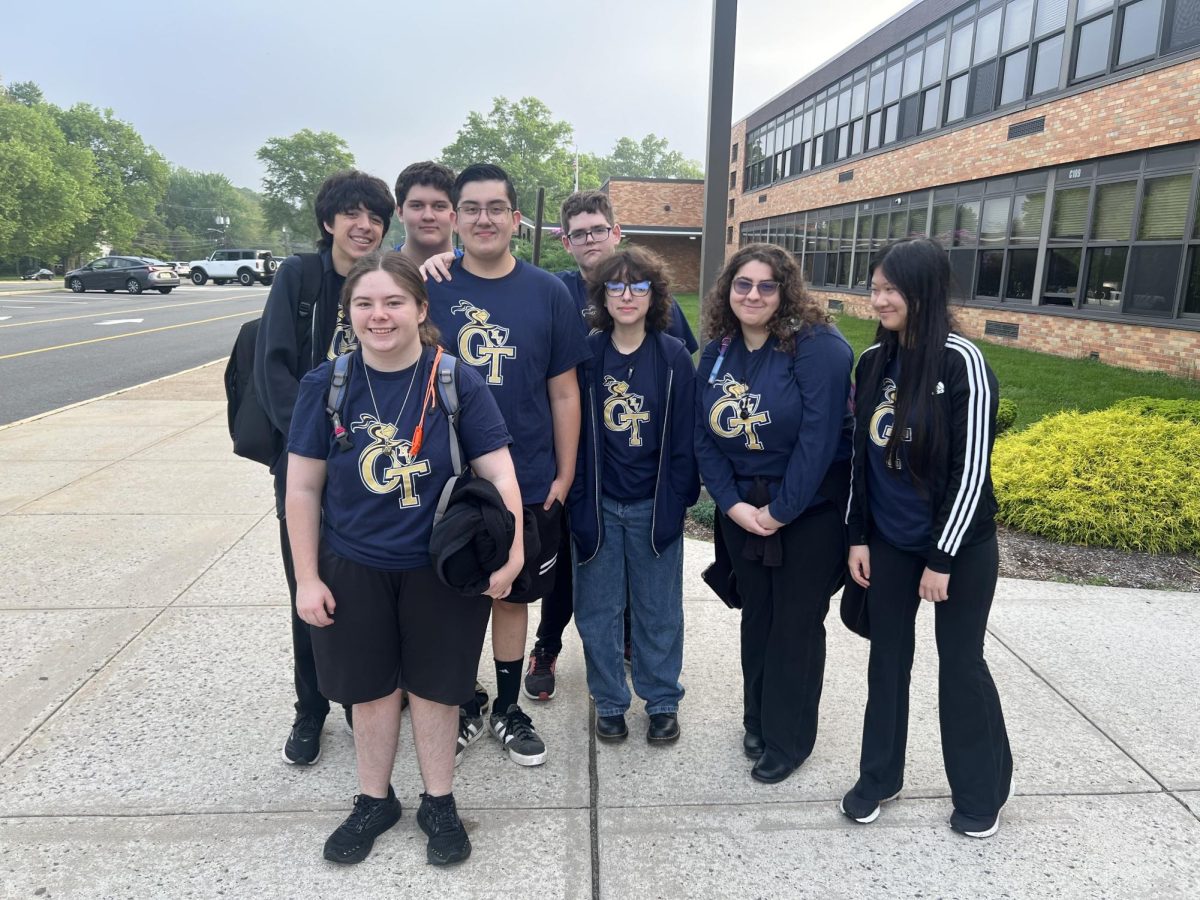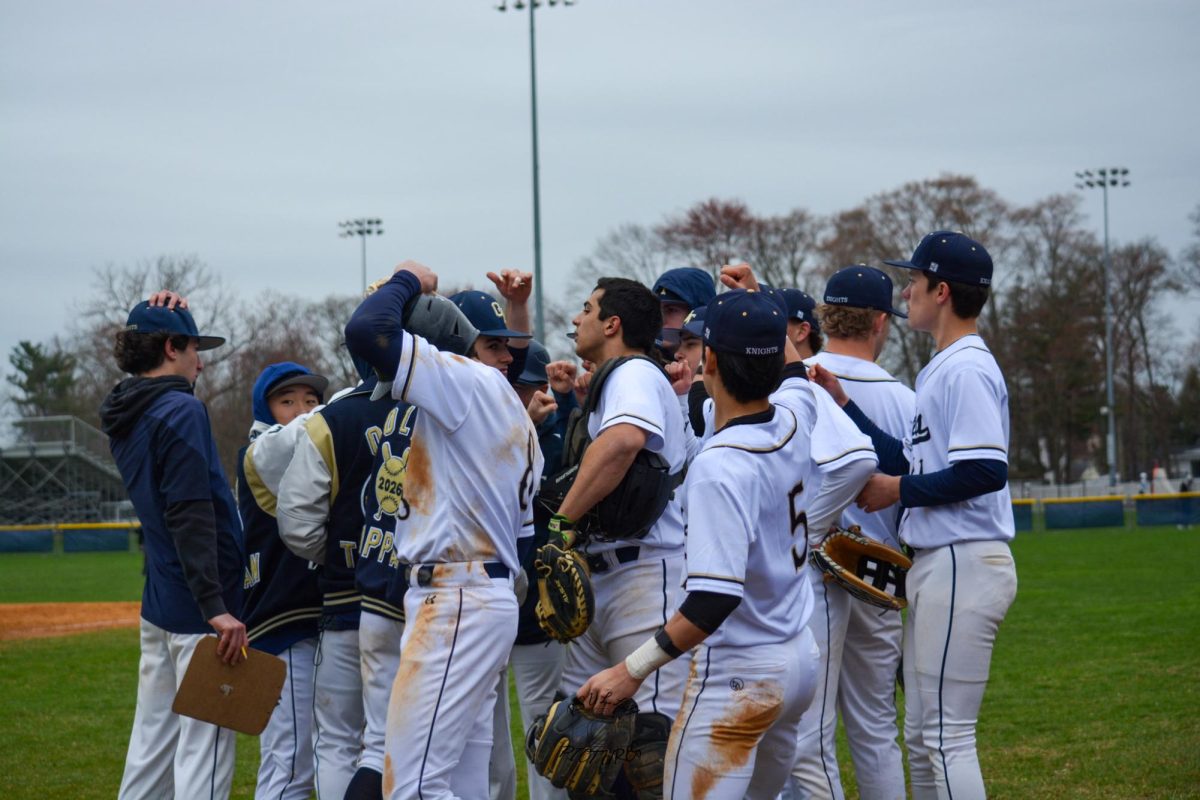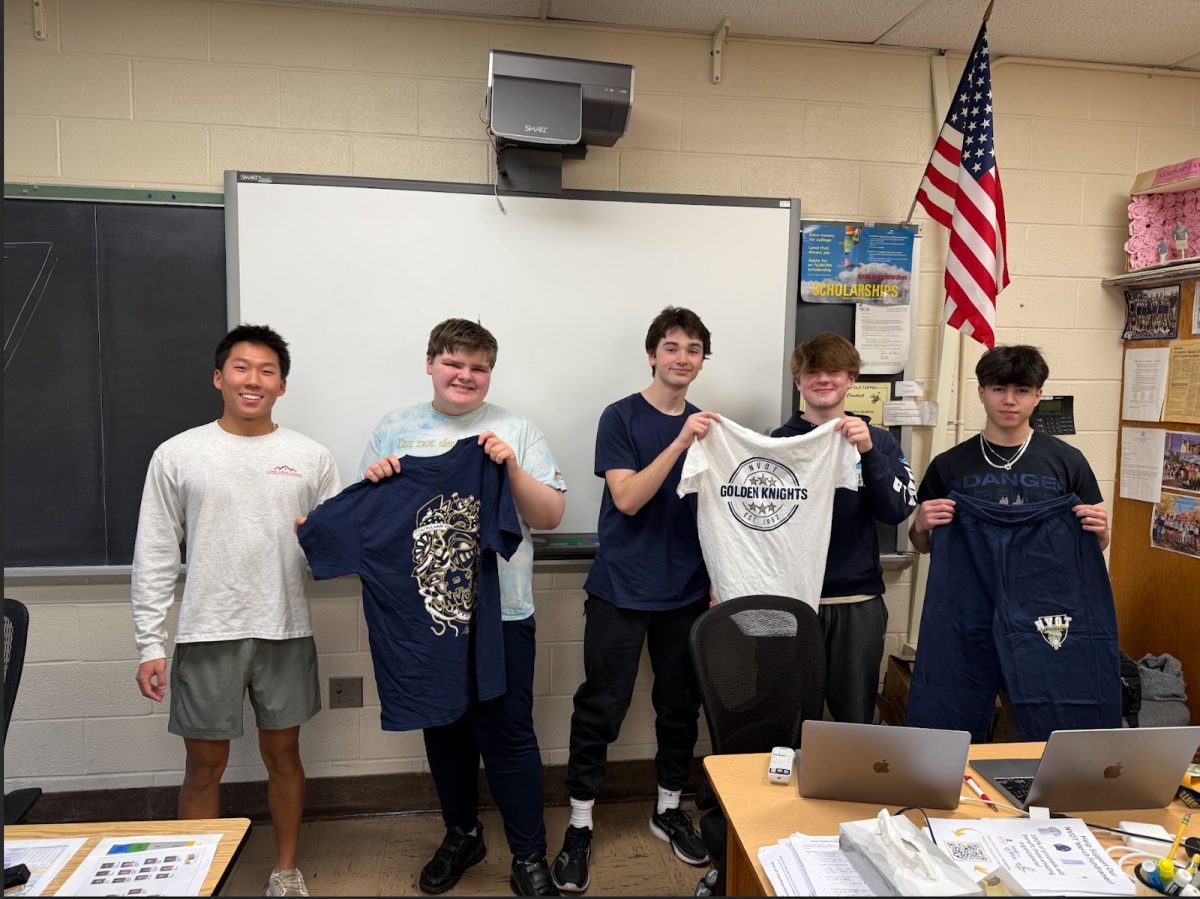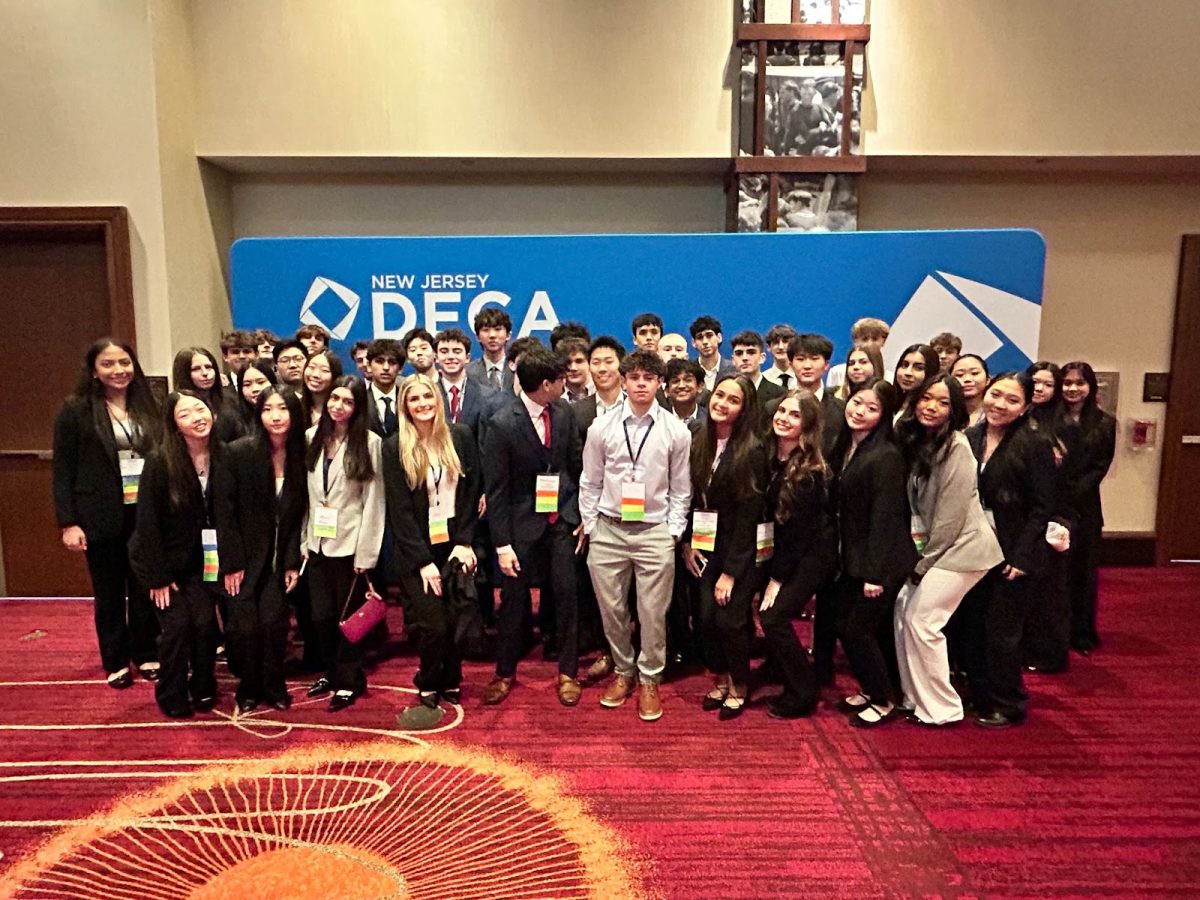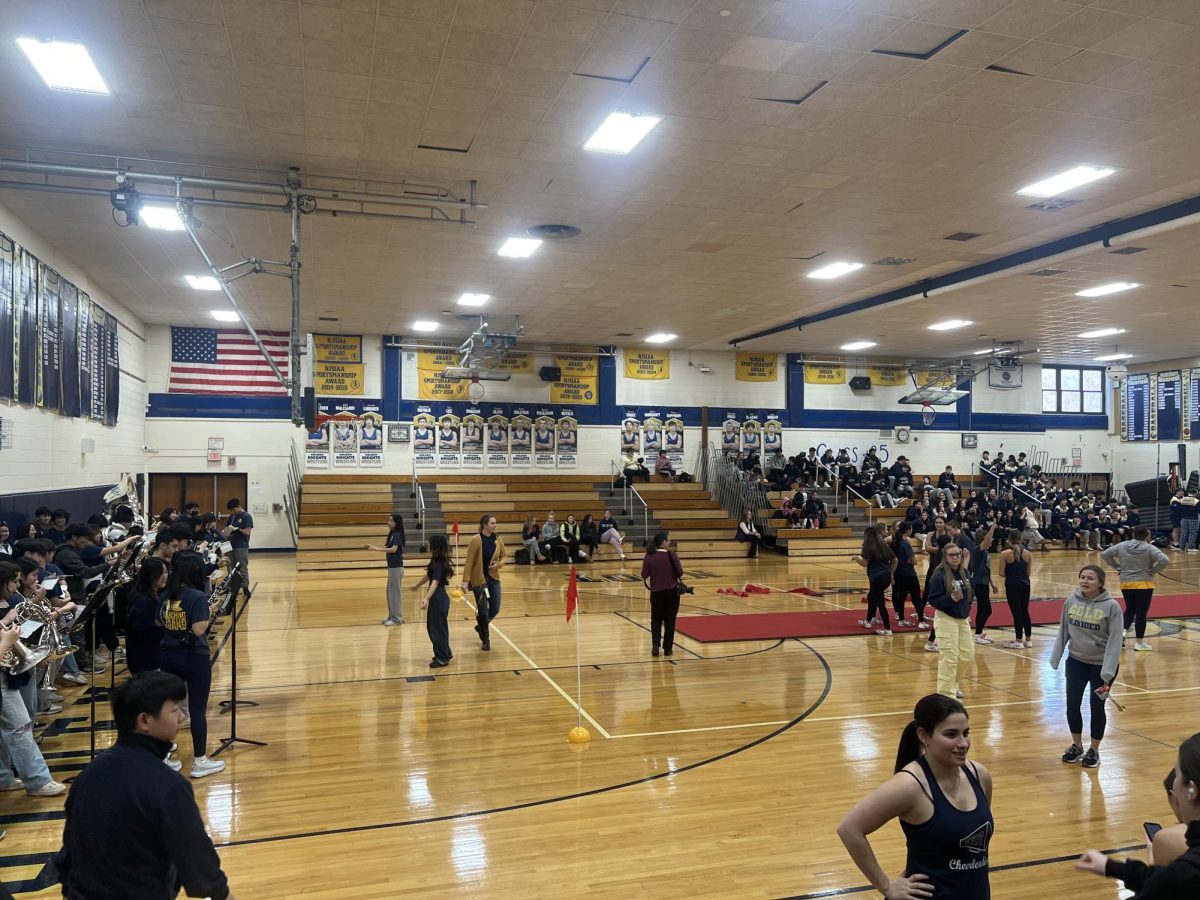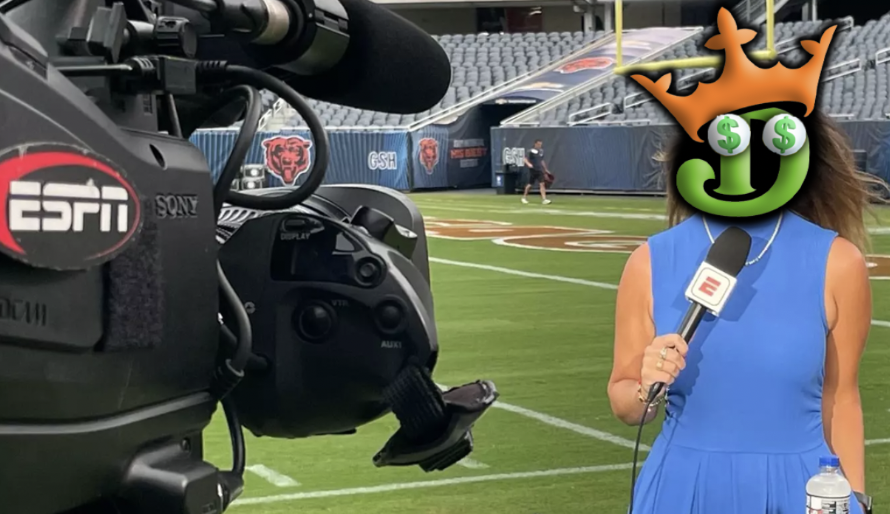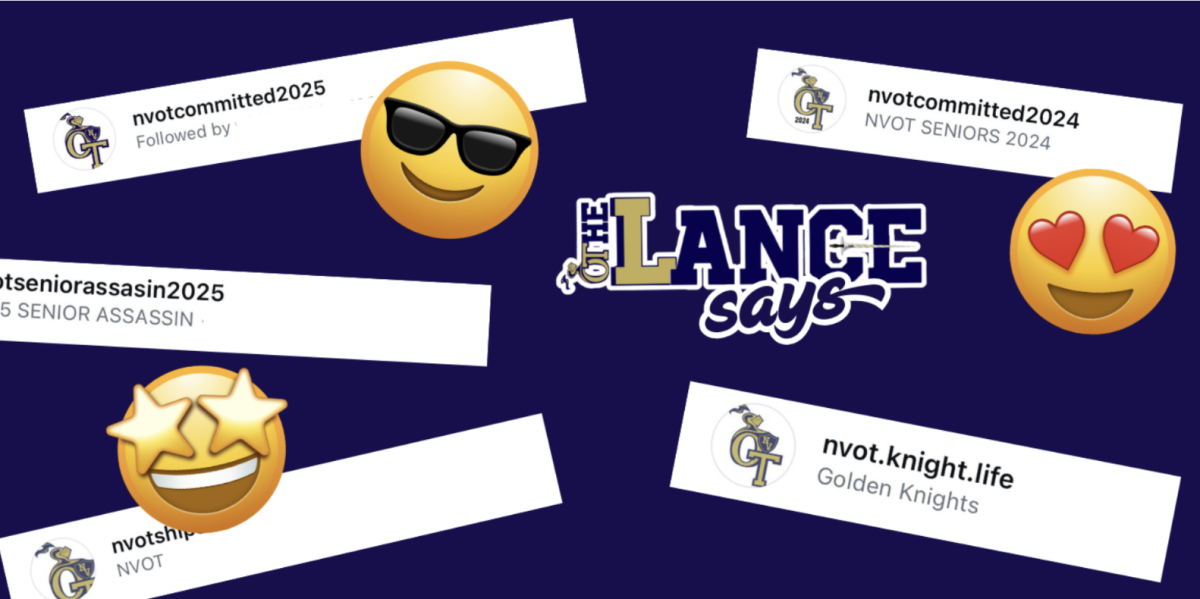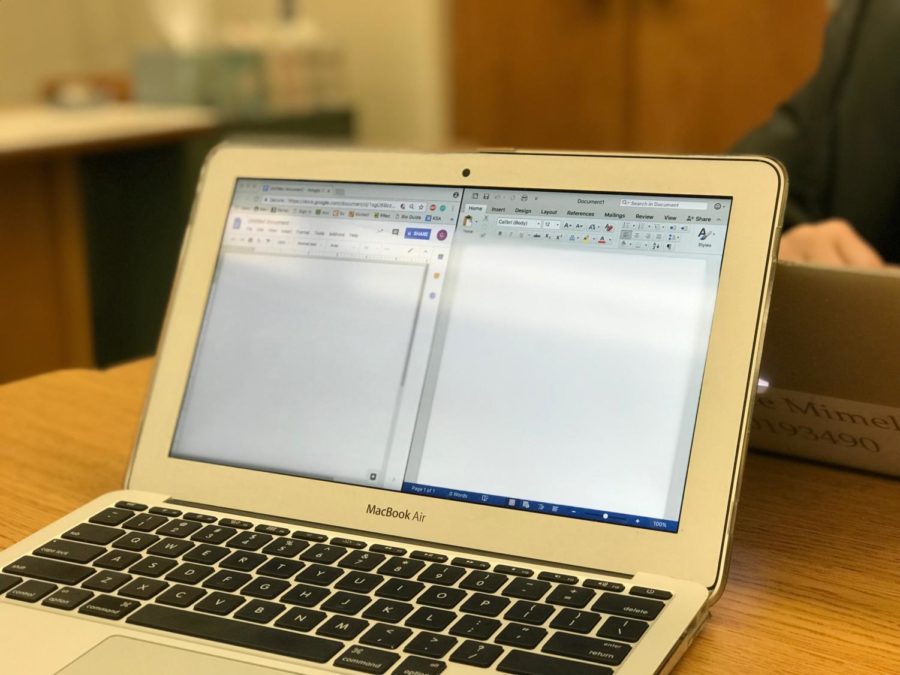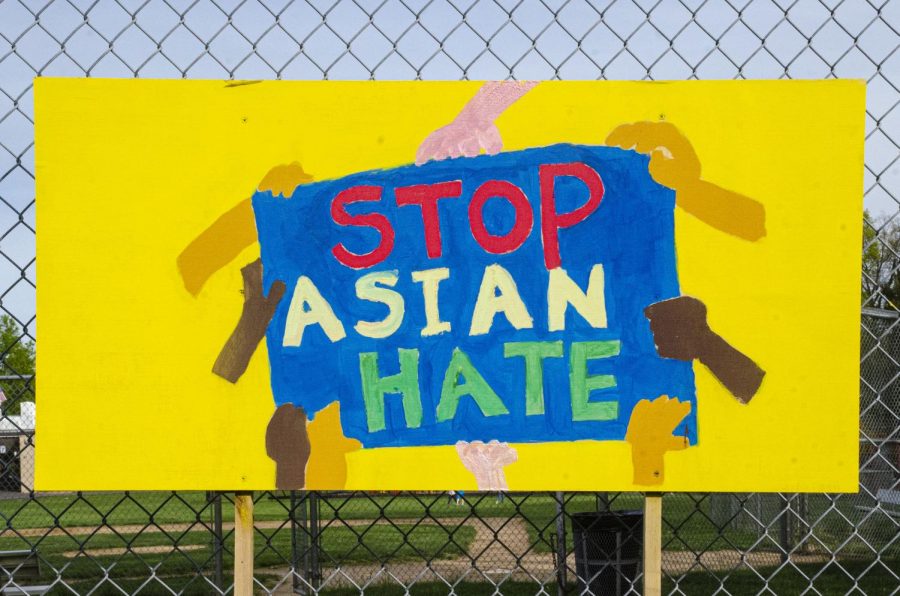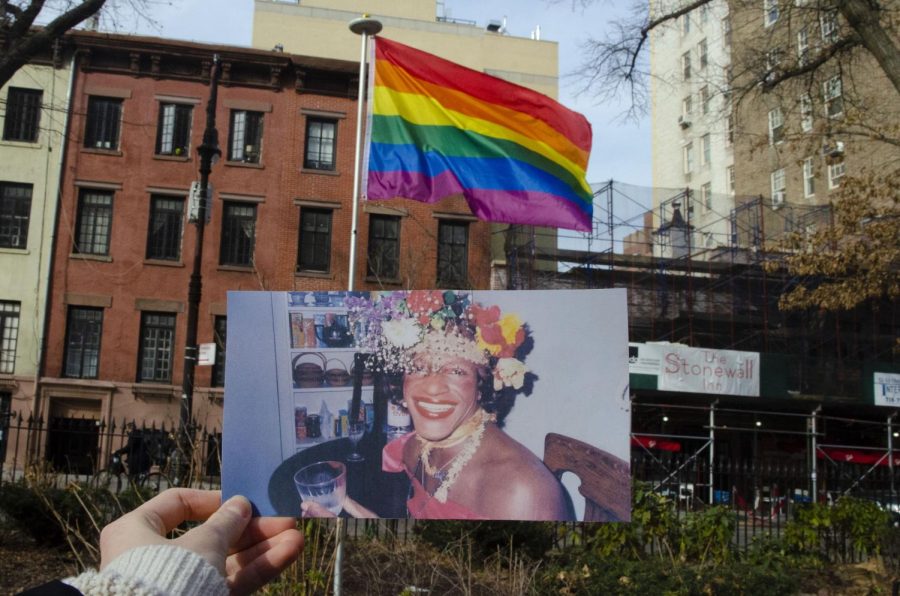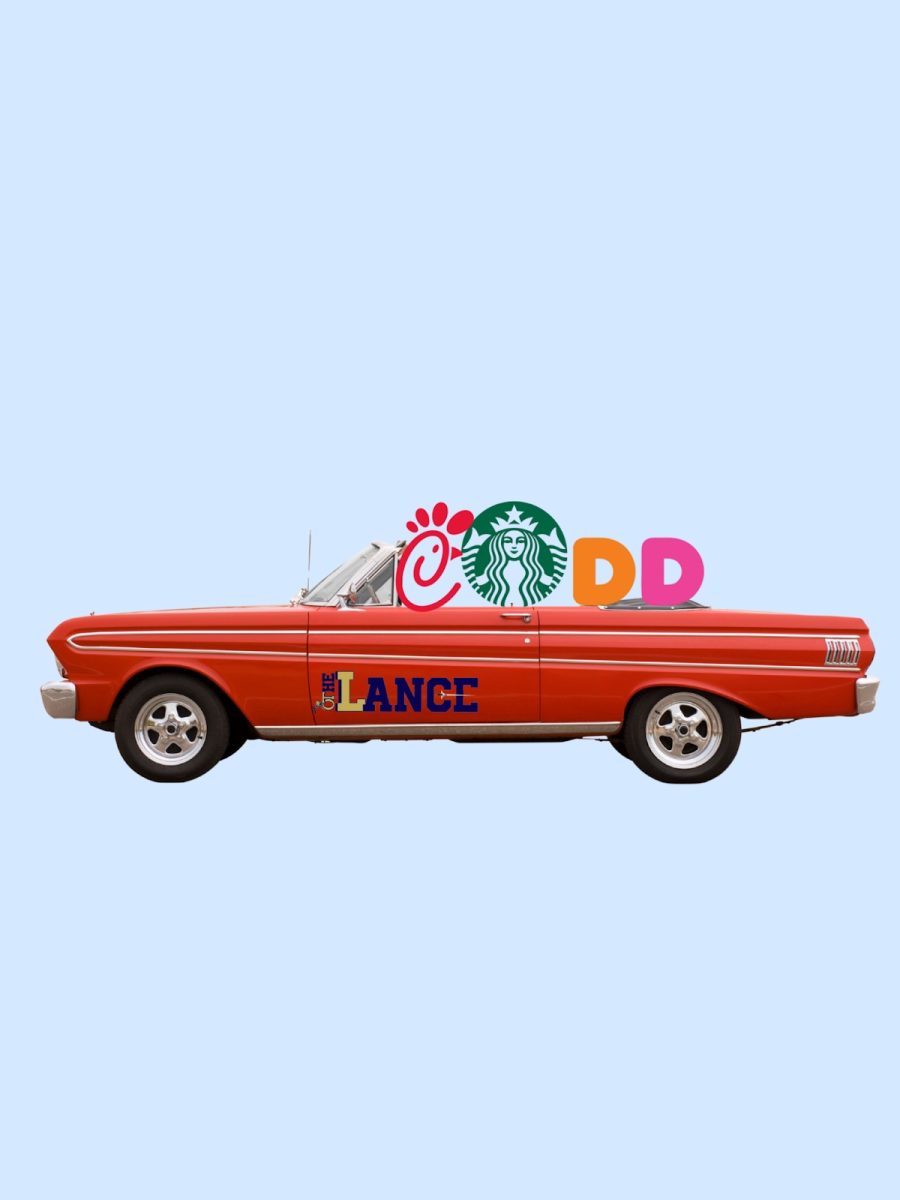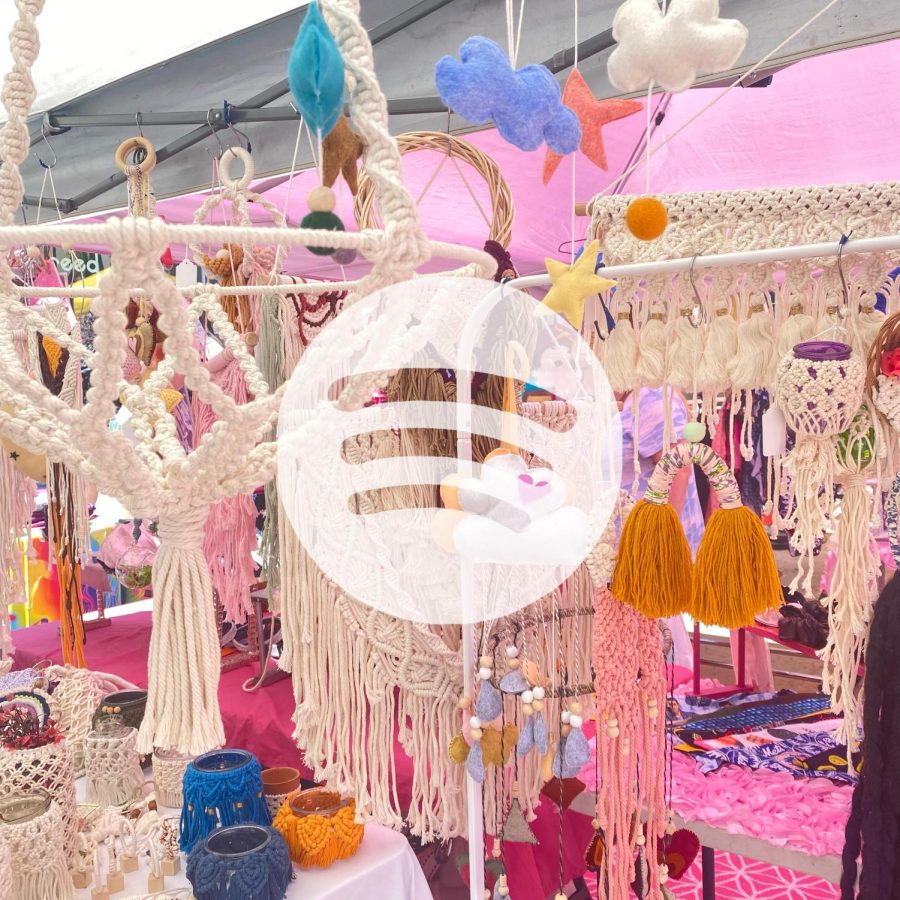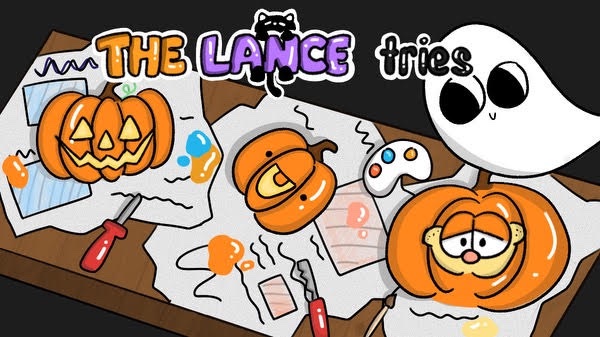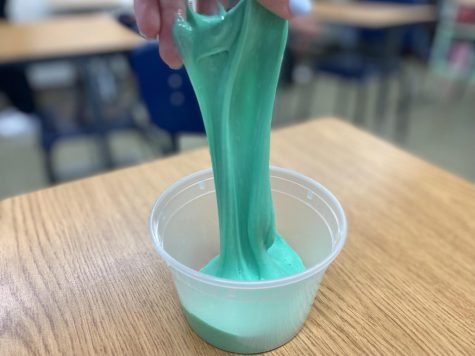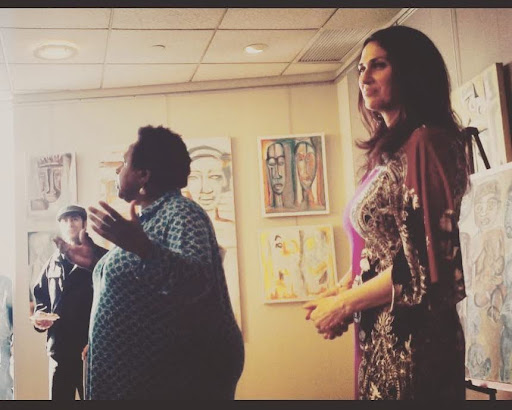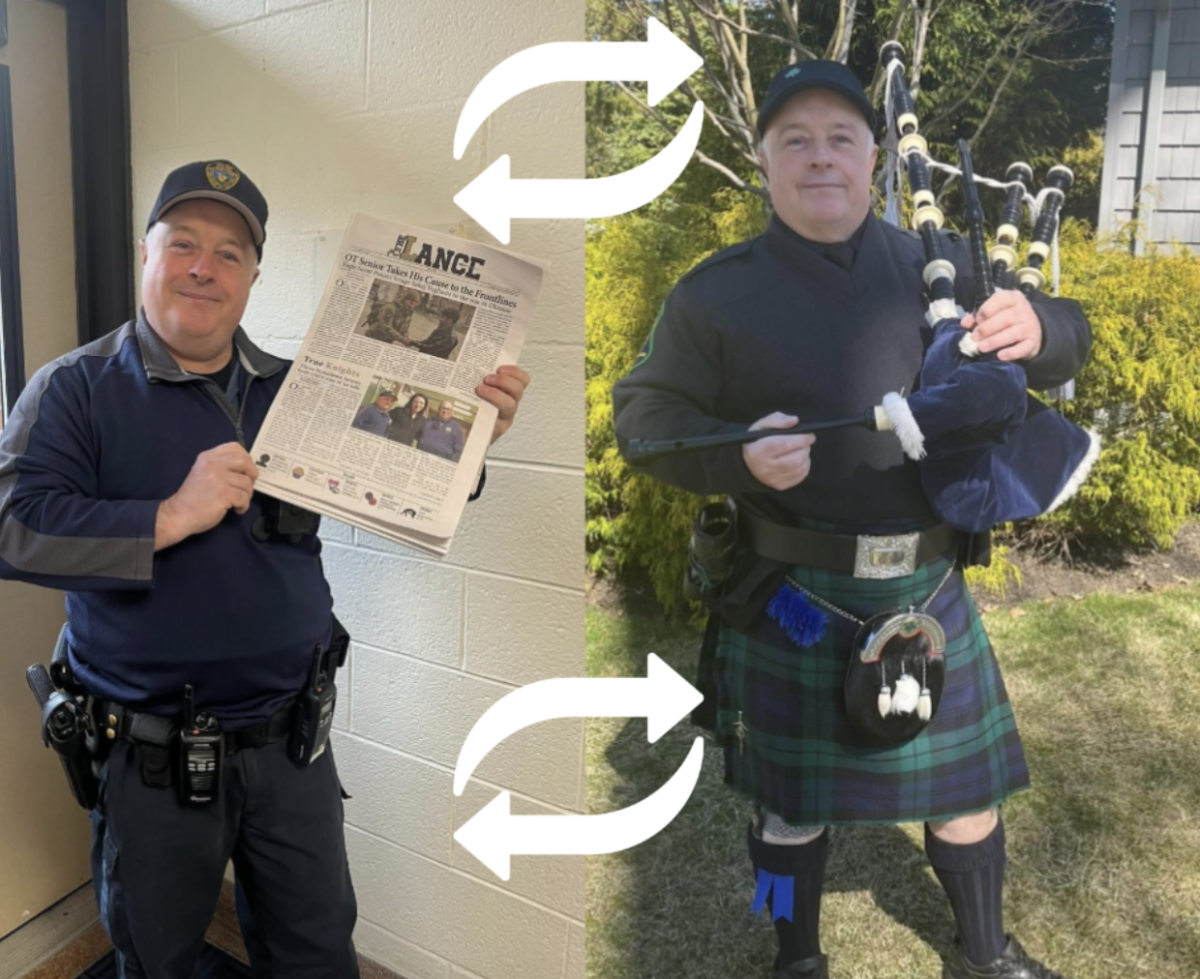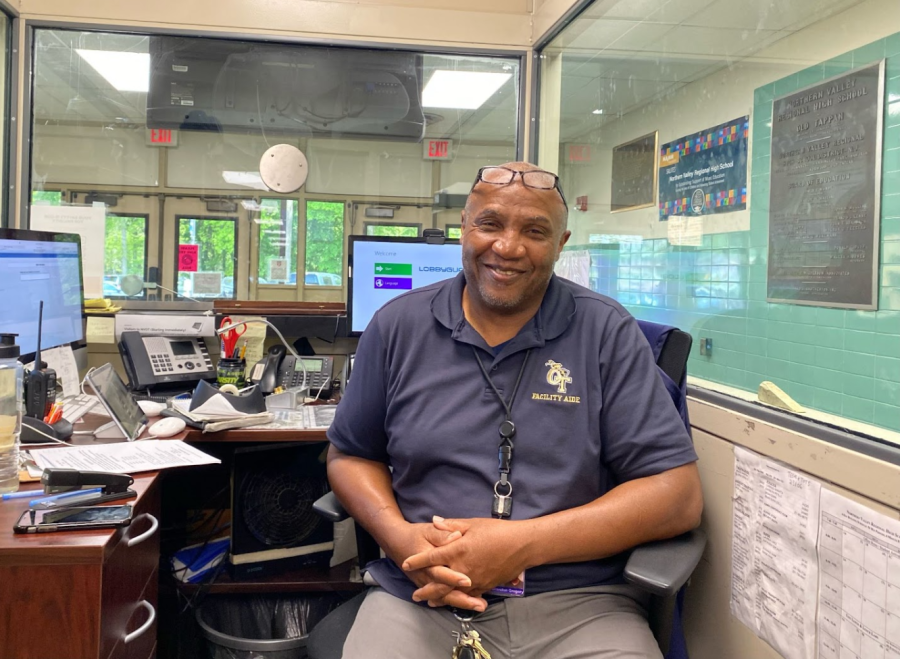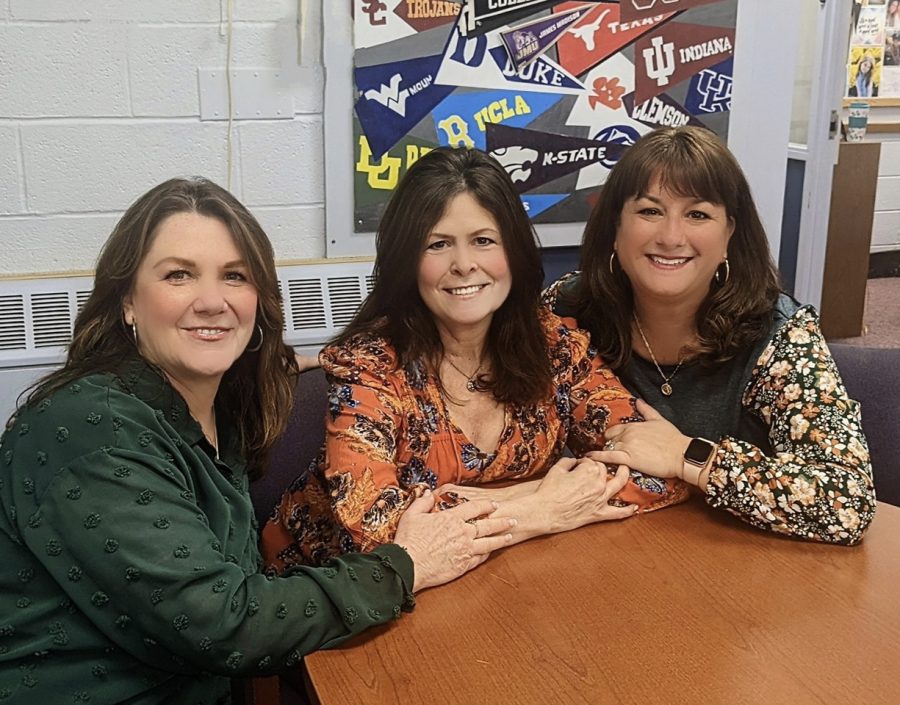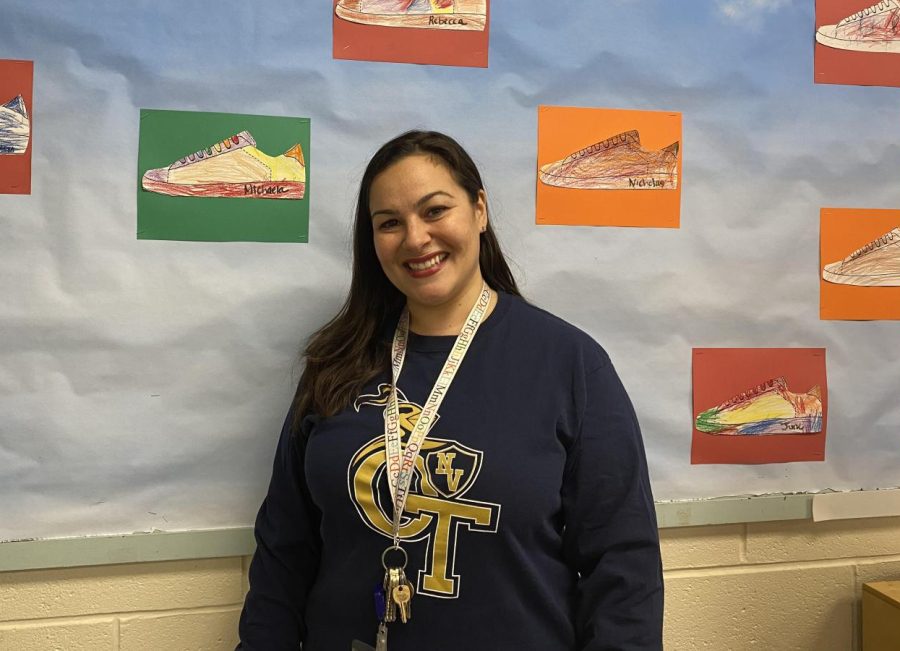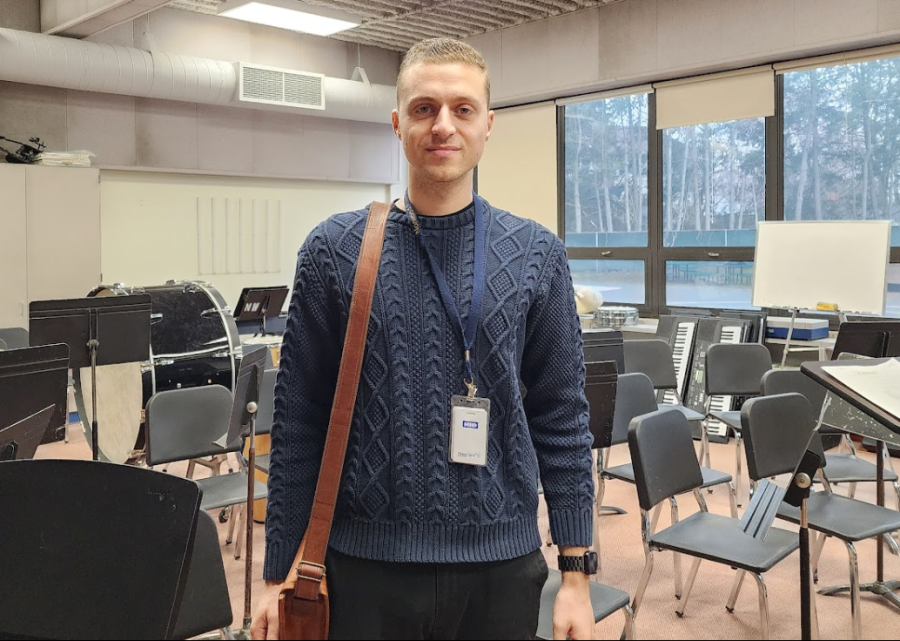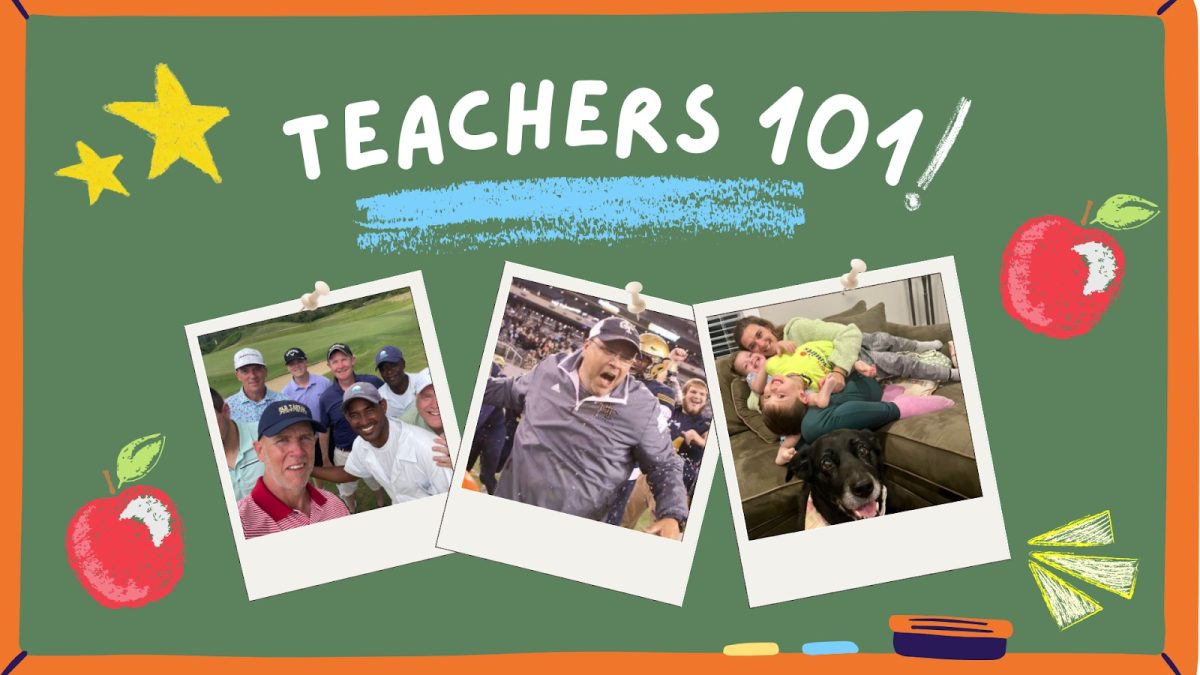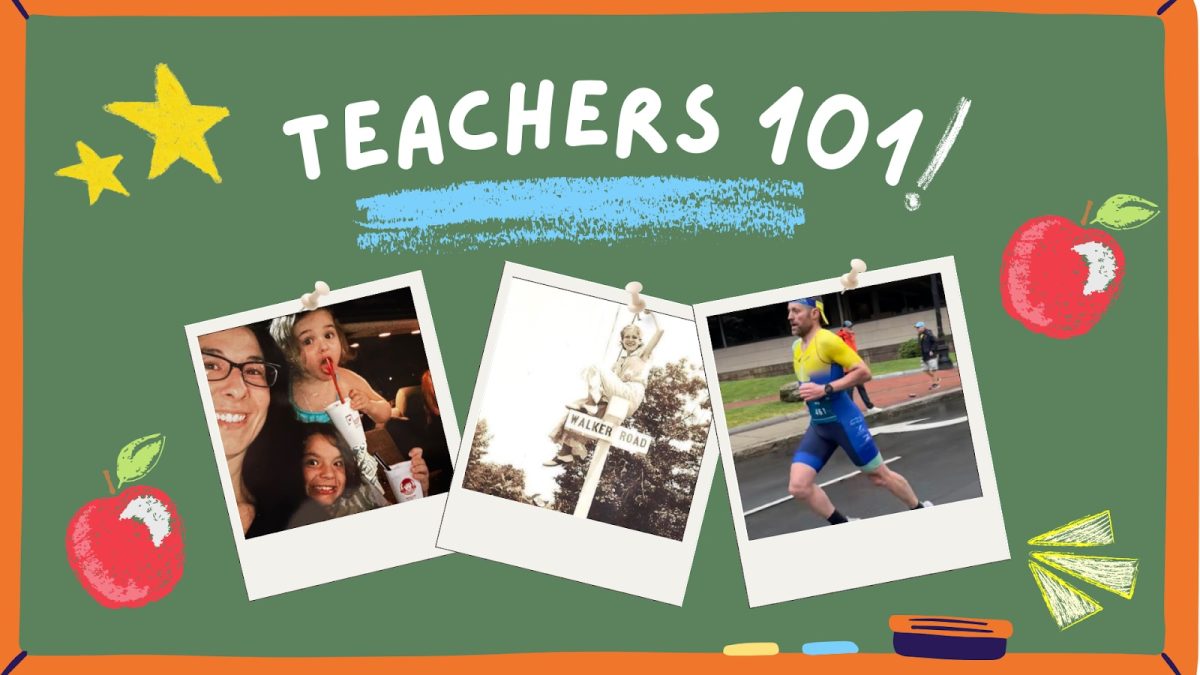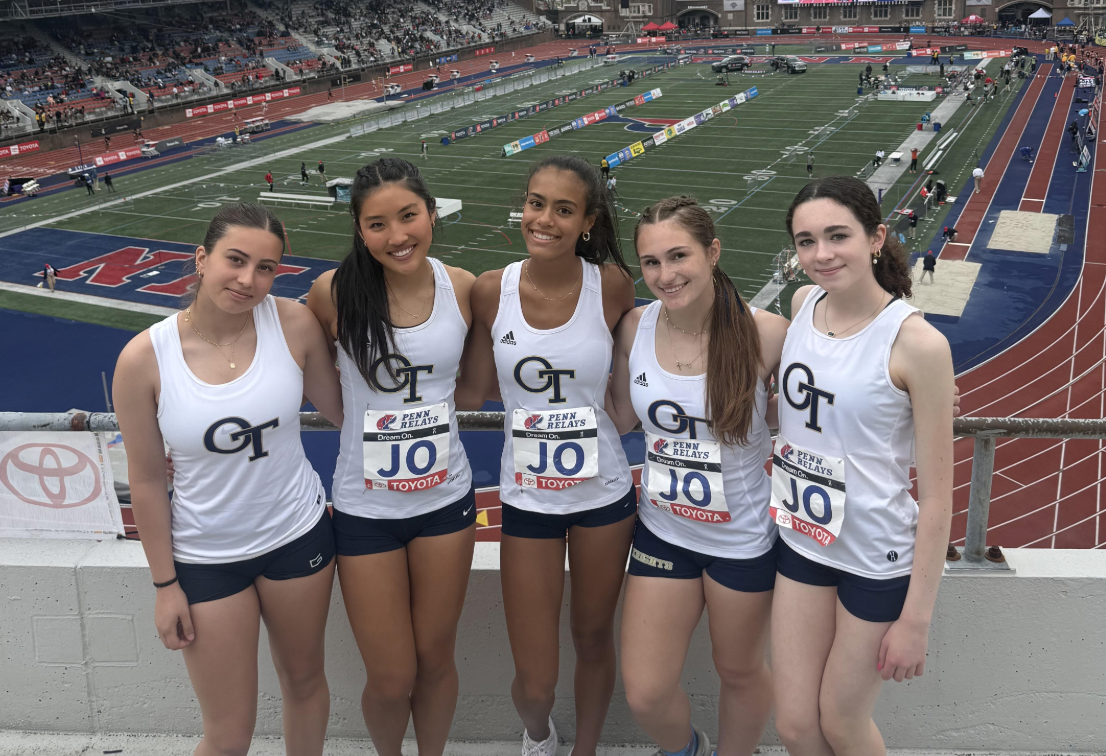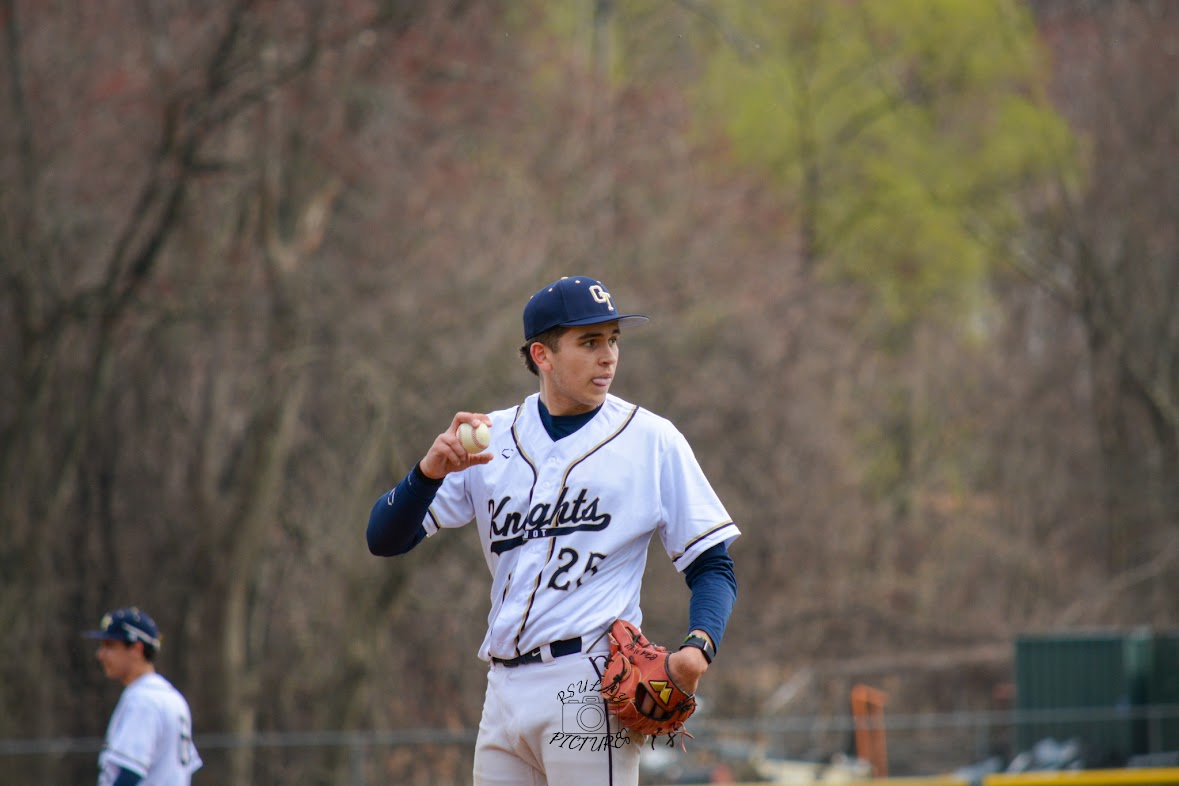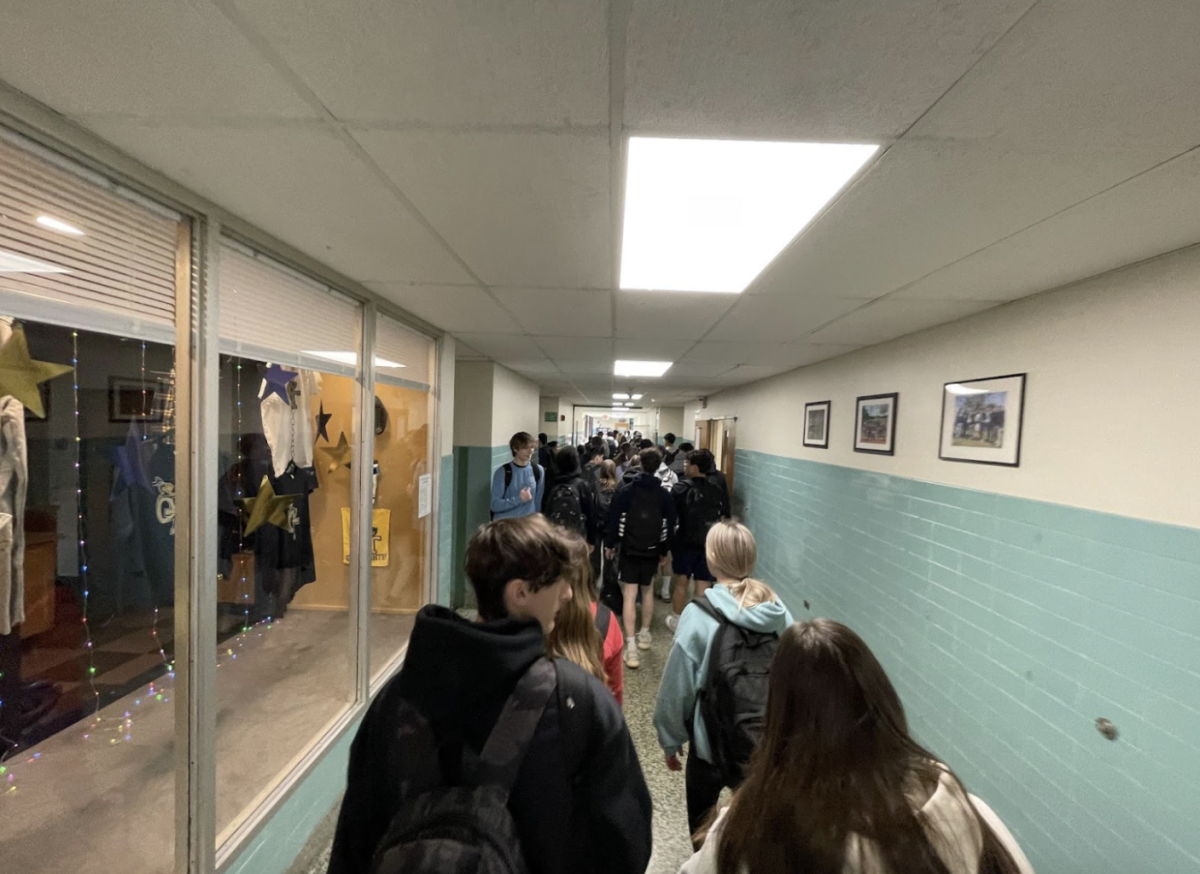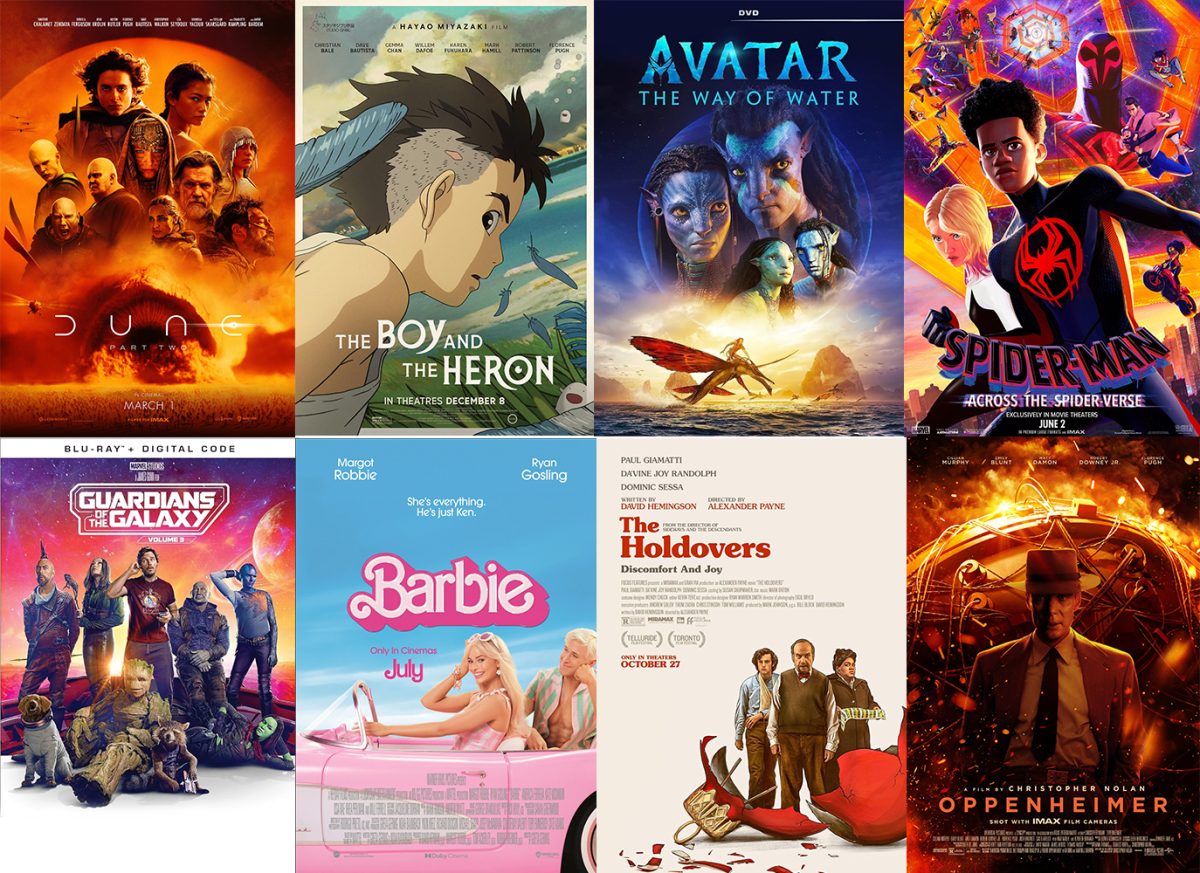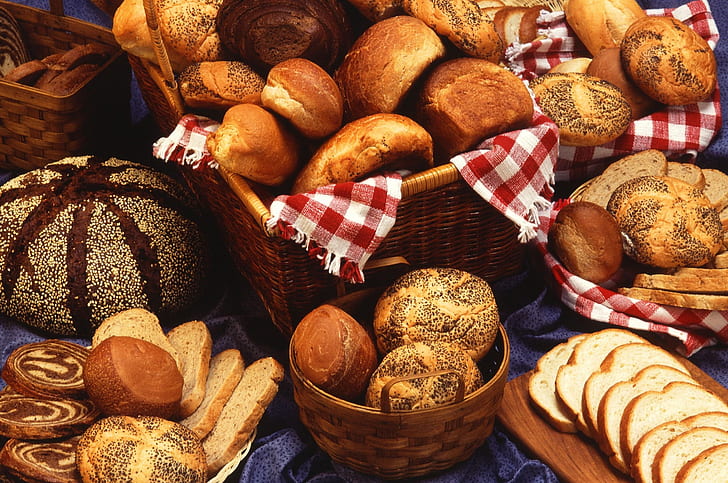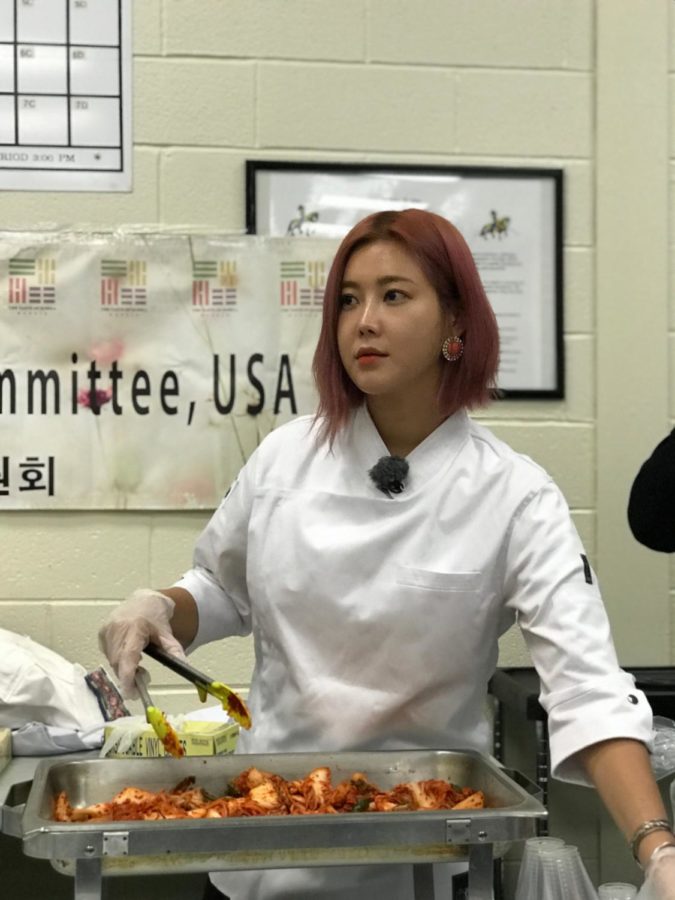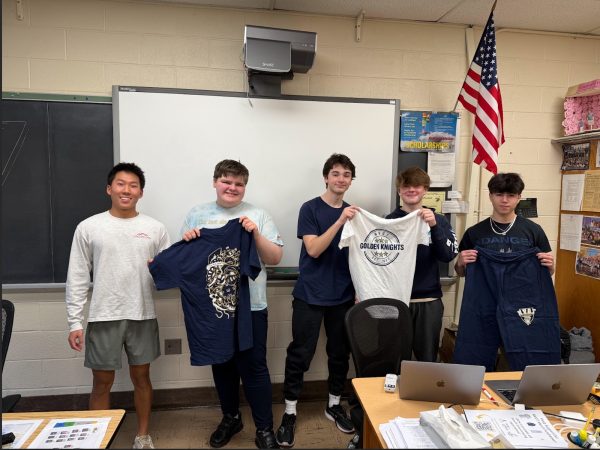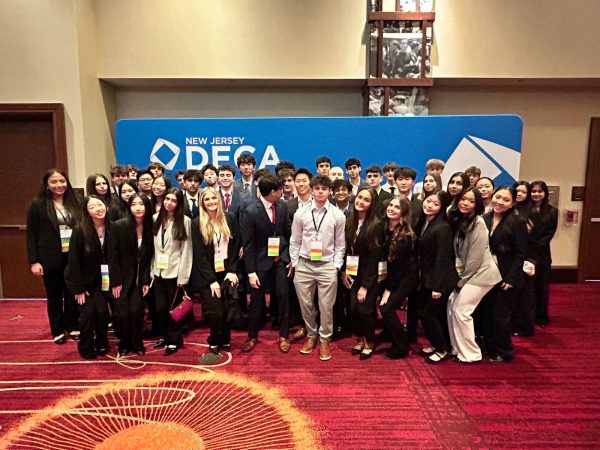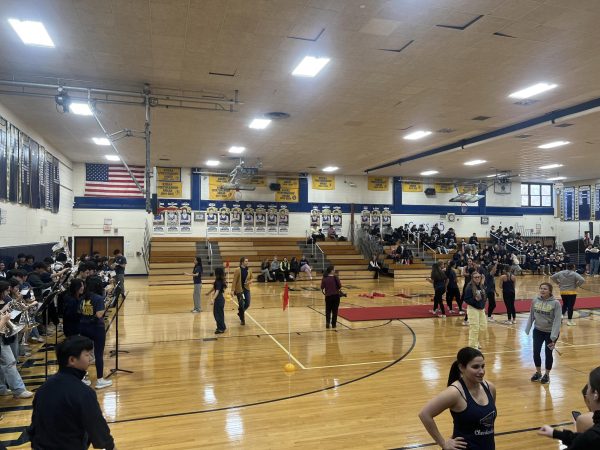Cameras, Food, and K-POP
Korean celebrity’s visit highlights school’s Korean culture
Solbi serves kimchi to students
The lights were flashing, the video cameras were rolling, and the commotion was omnipresent. No, this was not a Hollywood premiere or an avenue in New York City; this was the ambiance of the North and South Cafeterias.
For the past two years, NVOT has hosted a Taste of Korea Day that’s purpose is to “make the students aware of all the food choices they have, and the different ways to prepare them,” according to Pomptonian Food representatives Martha Piccinich and Lauren Baric. This year, Pomptonian Foods, the school’s lunchtime catering service lunch, worked with The Korean Cuisine Globalization Committee and a Korean chef in based in New York City to bring foods such as ddukkbokki (spicy rice cake), soondoobu (spicy tofu soup), and kimchi (spicy fermented cabbage), to the South Cafe. The twist this year was that Korean singer and personality Kwon Ji-Ahn, better known as Solbi, was also in attendance to promote these Korean foods.
According to Piccinich, Solbi “was handing out the samples, and once the students realized who she was, that’s when all the chaos broke loose. Everyone wanted to take their selfies.”
Originally in the band Typhoon, Solbi became a solo K-POP star, who has also appeared on various reality television shows including We Got Married, where celebrities are matched as if they were a married couple, and Running Man, a popular variety show.
Piccinich and Baric said, “Solbi promotes Korean food in schools and restaurants.” She was here with the Korean Cuisine Globalization Committee, the President of which, Vivian Lee, “flew back to Korea” the day after she came to NVOT. There, “Mrs. Lee will be giving a presentation on how Korean food is being accepted here.”
Along with the international celebrity, Korean television camera crews and newspaper photographers also found their way to the Taste of Korea Day. This was because Solbi’s appearance here “was big” according to Baric. So big, that it made it in a Korean newspaper.
Junior Kevin Seo said Solbi was “pretty popular… back when she was a [solo] singer,” which is why he immediately rushed to take a picture with her when he first saw her in the South Cafeteria.
On other hand, students who are not familiar with K-POP, were taken aback by the hullaballoo of lunch that day. “I saw a swarm of people at the front of the caf line blocking the food. I had no idea what was going on. I was very confused,” said junior Riley Barker. It was not until the start of fifth period when Barker and many others actually realized what the commotion was all about.
But by that point, Solbi, the chef, and the food samples had left the school. But Korean culture and food is still extremely prevalent in a place where many people do not know much about it.
However, senior and Vice President of the Korean Club Teresa Hong noted that Solbi’s visit “intrigued” many people, no matter the extent of their prior knowledge of K-POP or Korean food. “These kinds of visits make people more interested in Korean culture. So many non-Koreans asked me who [Solbi] was and some of them were even looking her up to learn more about her.”
In doing so, often they are not just finding more information on Solbi. They are also discovering more aspects of Korean culture, such as TV programs like Running Man and K-POP bands like Typhoon.
“I don’t really know much about [Korean culture],” said Barker, “but if it helps me understand people’s’ interests and what everyone was talking about that day, then I’d want to find out more about it.”
Many students are not familiar with ddukkbokki, Running Man, or Solbi, but these are all integral aspects of a culture shared by numerous students. It is events like “Taste of Korea Day” and celebrity visits like Solbi’s that allow these aspects to reach and educate new people.

